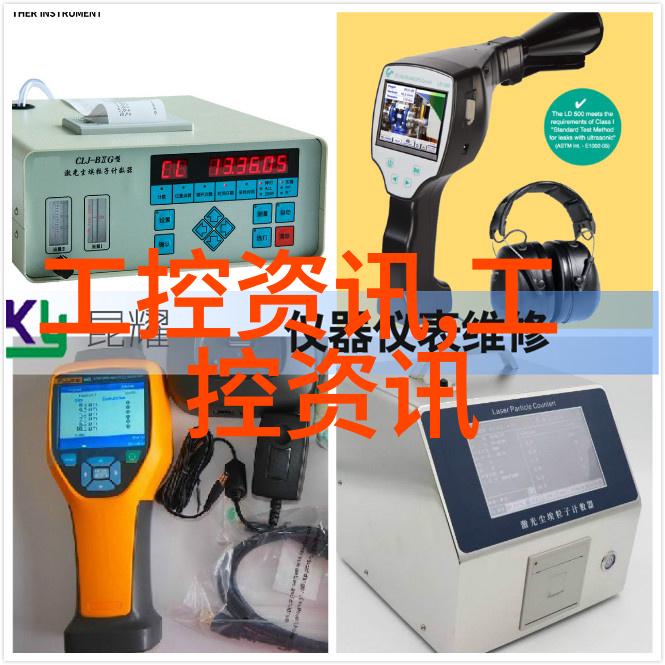您现在的位置是: 首页 - 资讯 - 不锈钢管在化工行业中的应用案例分析 资讯
不锈钢管在化工行业中的应用案例分析
2025-05-08 【资讯】 0人已围观
简介不锈钢管的选择与需求 不锈钢管作为一种耐腐蚀、耐高温的材料,在工业生产中尤其是化工行业中,具有广泛的应用前景。由于化工产品多为有机或无机化学品,其生产过程往往伴随着强酸、强碱、有机溶剂等腐蚀性物质,这些条件对使用的材料提出了更高的要求。因此,不锈钢管因其良好的抗腐蚀性能,被广泛地用于化工设备和流体输送系统。 工业用途下的不同类型不锈鋼管 工业不锈钢管主要包括304系列(如304L)
不锈钢管的选择与需求

不锈钢管作为一种耐腐蚀、耐高温的材料,在工业生产中尤其是化工行业中,具有广泛的应用前景。由于化工产品多为有机或无机化学品,其生产过程往往伴随着强酸、强碱、有机溶剂等腐蚀性物质,这些条件对使用的材料提出了更高的要求。因此,不锈钢管因其良好的抗腐蚀性能,被广泛地用于化工设备和流体输送系统。
工业用途下的不同类型不锈鋼管

工业不锈钢管主要包括304系列(如304L)、316系列(如316L)和321系列等。这三种类型各自具有一定的特点。在选择时,需要根据具体应用环境和化学介质来决定使用哪种型号。例如,对于较为严苛的环境,如处理含氯化物或硫酸盐的情况,可能需要采用316L型号;而对于一般情况下,只涉及水处理或食品制造等较为稳定环境,则可以考虑使用304L型号。
不同行业中的不同需求

不同的行业对不锈钢管也有不同的需求。例如,在石油天然气行业,由于大部分操作都是在极端温度下进行,因此通常会选择321H或者347H这两种类型,它们能够提供更好的热稳定性。而在制药领域,因为产品清洁度要求很高,所以通常会选择更细孔径、表面光滑度高等级别的产品。
应用案例分析

案例一:石油精炼
某石油公司在其精炼过程中发现了大量含有硫类组分的问题,这些硫类组分对传统金属造成了严重损害。不久后,该公司开始采纳工业不锈钢管作为替代品,并且经过几年的运营,没有出现任何问题。这验证了非晶合金结构给予其极佳耐腐蚀性能。

案例二:饮料加工
一家饮料制造厂发现它们现有的铜轧辊经常被酸性饮料所侵蚀导致磨损加剧。于是,该企业改用了工业生产厂家的301级别之上的一款特殊材质,不仅延长了设备寿命,而且减少了维护成本。
未来趋势与展望
随着环保意识日益提高,不仅是消费者,也是企业自身都希望实现绿色、高效率、高安全性的生产方式。此时,一些新型非晶合金材料正逐渐进入市场,它们具有更优越的地道固态熔融点,更低的地道固态熔融点,使得这些新的合金能更加有效地抵御各种化学介质攻击,从而降低维护成本,提升整体效率。
此外,由于国际贸易自由化程度不断增加,对出口市场上的质量标准也越发严格,因此许多国内产业链参与者正在寻求提升自身技术水平,以适应国际竞争规则,而这一切都离不开依赖于先进技术支持和原材料供应商之间紧密合作关系。
综上所述,无论是在未来还是现在,都需要高度关注如何最大限度地利用当前手头资源,同时积极探索并引入最新科技成果以满足不断变化的心理健康市场需求。
结语
总结来说,不锈钢pipe is an essential material in the chemical industry, offering a versatile solution for various applications due to its corrosion resistance and durability properties provided by industrial stainless steel pipe manufacturers.
The choice of type and grade depends on specific needs and conditions, as well as the intended use case scenario.
With ongoing research into new materials with enhanced properties, it's clear that this industry will continue to evolve in response to emerging challenges such as environmental concerns and international market demands.
This analysis has highlighted the importance of not only choosing appropriate grades but also considering factors such as production process quality control measures during procurement from reliable suppliers like industrial non-stainless steel pipe producers who are committed to providing high-quality products tailored towards diverse end-user requirements.
By examining real-world cases across different industries where these pipes have been successfully employed, we can gain valuable insights into their versatility while identifying areas for future innovation within this ever-changing landscape of manufacturing technology advancements.
As an integral part of our global economic system, understanding how companies can leverage cutting-edge technologies alongside strategic partnerships with top-tier suppliers will help ensure continued growth opportunities amid rising competition levels worldwide – all without compromising on sustainability or performance standards set forth by regulatory bodies governing trade practices today.
In conclusion, there remains much room for exploration when it comes to optimizing not just existing product lines but also exploring fresh ideas through collaborations between forward-thinking businesses & world-class experts specializing in advanced metallurgy techniques used by leading organizations involved in stainless steel manufacturing operations worldwide; thereby fostering sustainable development strategies at every stage along supply chain value chains — enhancing overall efficiency while maintaining ecological integrity intact throughout entire lifecycle stages spanning resource extraction through disposal phases — henceforth ensuring long-lasting impact upon planet Earth’s natural resources pool over generations yet unborn generations alike!






